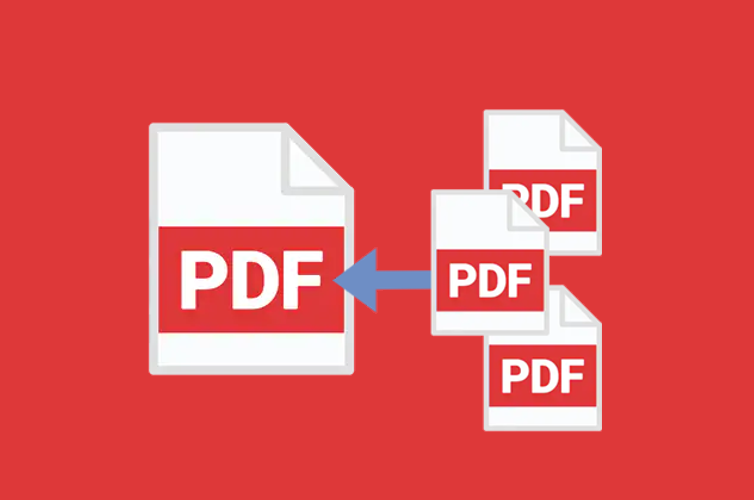The role of Artificial Intelligence (AI) in smartphone optimization is multi-faceted and influential. AI technologies have revolutionized the way smartphones operate and interact with users, leading to enhanced performance, user experience, and overall device functionality.
AI technology has made its way into smartphones, enhancing their capabilities beyond traditional processors. With dedicated AI coprocessors and accelerators, smartphones now possess the power to perform complex tasks efficiently. Notable examples include Apple’s Neural Engine, Huawei’s Ascend chips, and Qualcomm’s Hexagon Vector Processor.
However, AI is actively used not only at the hardware level but also in the software environment. The use of AI for smartphone optimization is becoming mainstream. More and more applications for smartphone optimization can be used by ordinary users.
The Role of AI in Smartphone Optimization
Artificial Intelligence (AI) plays a significant role in smartphone optimization, enhancing various aspects of user experience, performance, and functionality. Here are some ways AI is utilized for smartphone optimization:
-
Battery Management
AI algorithms can analyze usage patterns and optimize battery consumption by dynamically adjusting CPU usage, screen brightness, background processes, and app notifications. This helps extend battery life without compromising user experience.
-
Performance Enhancement
AI can monitor and predict app usage, learning which apps are frequently used and preloading them for faster launch times. It can also manage system resources efficiently, distributing CPU and memory usage among active apps for smoother multitasking.
-
Camera Enhancement
Many smartphones use AI-powered camera software to improve image quality through features like scene recognition, automatic HDR, low-light optimization, and portrait mode. AI analyzes the scene and adjusts camera settings for optimal results.
-
Voice and Speech Recognition
AI-driven speech recognition technology enables accurate voice commands, voice-to-text conversion, and language translation services, enhancing the usability of virtual assistants and communication apps.
-
Security and Privacy
AI can help in facial recognition, fingerprint scanning, and behavioral biometrics for authentication, making these methods more accurate and secure. AI can identify anomalies in app behavior to detect potential security threats.
-
Predictive Text and Autocorrect
AI-driven keyboards learn from user typing behavior to provide better predictive text suggestions and autocorrections, improving typing speed and accuracy.
-
App Suggestions
Artificial Intelligence can predict and suggest apps a user might want to use based on their usage history, location, and time of day, providing a more personalized experience.
-
Network Optimization
It can analyze network conditions and switch between Wi-Fi and cellular data seamlessly to provide the best possible network connection for the user.
-
Contextual Awareness
AI can gather data from various sensors (accelerometer, gyroscope, GPS, etc.) to understand a user’s context (walking, driving, etc.) and adapt the phone’s behavior accordingly, such as changing screen orientation or adjusting volume.
-
Health and Wellbeing
Artificial Intelligence can monitor a user’s smartphone usage patterns and provide insights into screen time, app usage, and notifications, promoting healthier digital habits.
-
System Updates and Maintenance
AI can schedule system updates during periods of low activity, ensuring that users are not interrupted by lengthy update processes during their active hours.
-
Language Translation
AI-powered translation apps can convert spoken or written text into different languages in real-time, enabling seamless communication across language barriers.
Overall, AI-driven smartphone optimization aims to create a more efficient, intuitive, and personalized user experience by analyzing user behavior and adapting the device’s functions to match their needs and preferences.
AI- driven Apps for Smartphone
We will focus on applications that use AI to improve the various processes associated with the use of smartphones.
-
Siri
Siri, the voice assistant developed by Apple, revolutionized the way people interact with AI. As one of the first commercially successful AI technologies, Siri paved the way for subsequent voice assistants such as Amazon’s Alexa and Google Assistant. With Siri, users can effortlessly perform various everyday tasks, including web searches, setting reminders, sending texts, and making calls. Its widespread popularity marked a significant turning point in AI adoption and perception. Undoubtedly, Siri stands out as an intelligent and influential assistant.
-
Bing
Bing search engine, powered by GPT-4, offers a unique experience for Android users without access to ChatGPT. With its integrated chatbot and DALL-E’s Image Creator tool, Bing allows you to create images from text prompts. As GPT evolves, Bing gets smarter, providing instant answers to your queries. Witness how AI search engines revolutionize the internet.
-
CleanUp App
Most likely, you periodically encounter difficulties due to lack of space on your iPhone. They can manifest themselves in many ways: it is impossible to install applications, short video recordings, slow operation speed, or even excessive heating of the device. There is a solution and this is the iPhone app clean up based on AI. The CleanUp App searches your device for various junk data and deletes them. If you already have a phone cleaner, you should try this new product, as it does its job better. Try running the cleaner app and remove the junk, it’s as easy as checking your internet speed.
-
Youper
Youper is a mental health chatbot that offers Cognitive Behavioral Therapy (CBT) techniques to help you manage anxiety, improve relationships, boost productivity, and enhance mood. Designed for busy individuals who cannot attend in-person therapy sessions, Youper provides various mindfulness activities such as breathing exercises, deep body scans, and meditation.
Through daily use, the app tracks your mood and provides insights into your progress in reducing anxiety and achieving calmness over time. After five consecutive days of use, Youper unveils changing emotional states. It’s important to note that a premium subscription unlocks additional features such as health monitoring and anxiety screening, allowing you to track your progress effectively.
-
Microsoft SwiftKey Keyboard
Microsoft SwiftKey has been leveraging AI to enhance the typing experience for a long time. By learning how each individual types, SwiftKey recommends words and auto-corrections based on this knowledge. Although it performs well, Gboard is slightly smoother overall. Over time, the improvements will become noticeable. One drawback is that the AI may learn and suggest your typos instead of correcting them. Currently, this doesn’t utilize name-brand AI, but ChatGPT is in development. Gboard is also an exceptional keyboard with ongoing AI integration efforts by Google. We will continue to monitor and provide updates.
Conclusion
AI’s role in smartphone optimization is characterized by its ability to adapt and learn from user interactions, continuously improving device performance, convenience, and user satisfaction. As AI technology evolves, its influence on smartphone optimization is likely to become even more pronounced and transformative.
Artificial intelligence is expanding the scope of its use. Perhaps soon we will see him everywhere. This will allow you to use your smartphone many times more efficiently and save a lot of time, especially on workflows. AI is incredibly effective where you need to work with large amounts of data.











